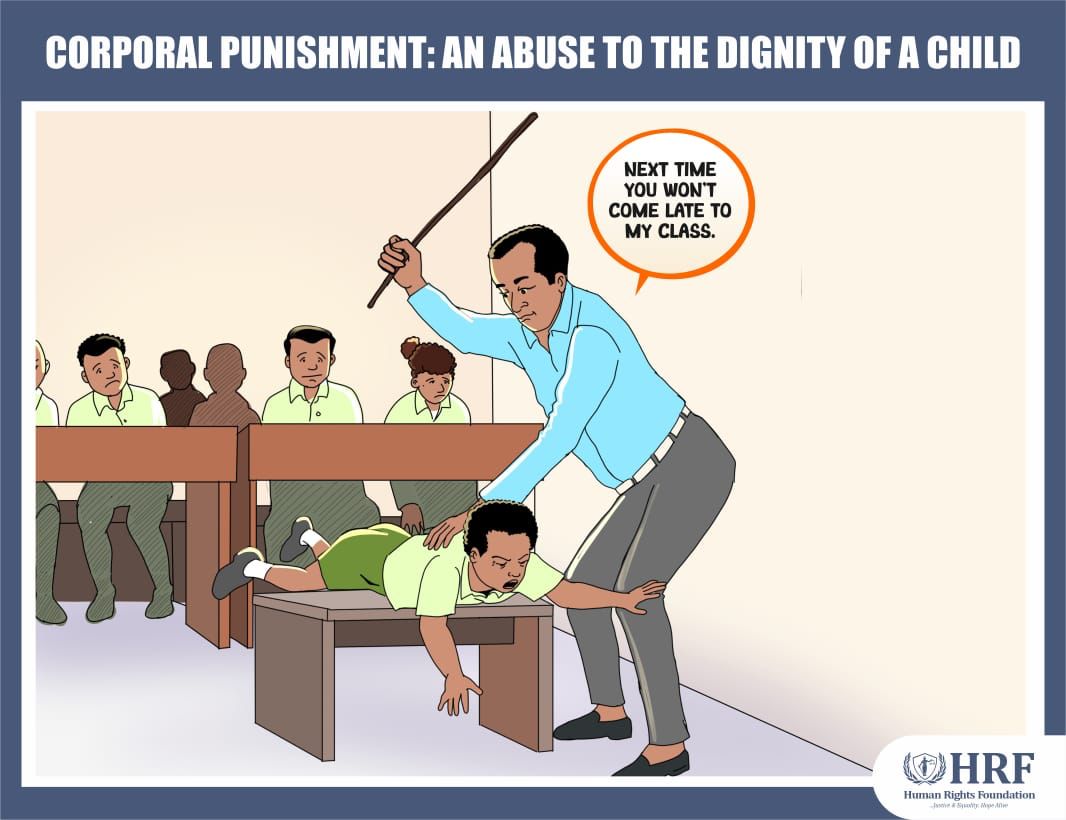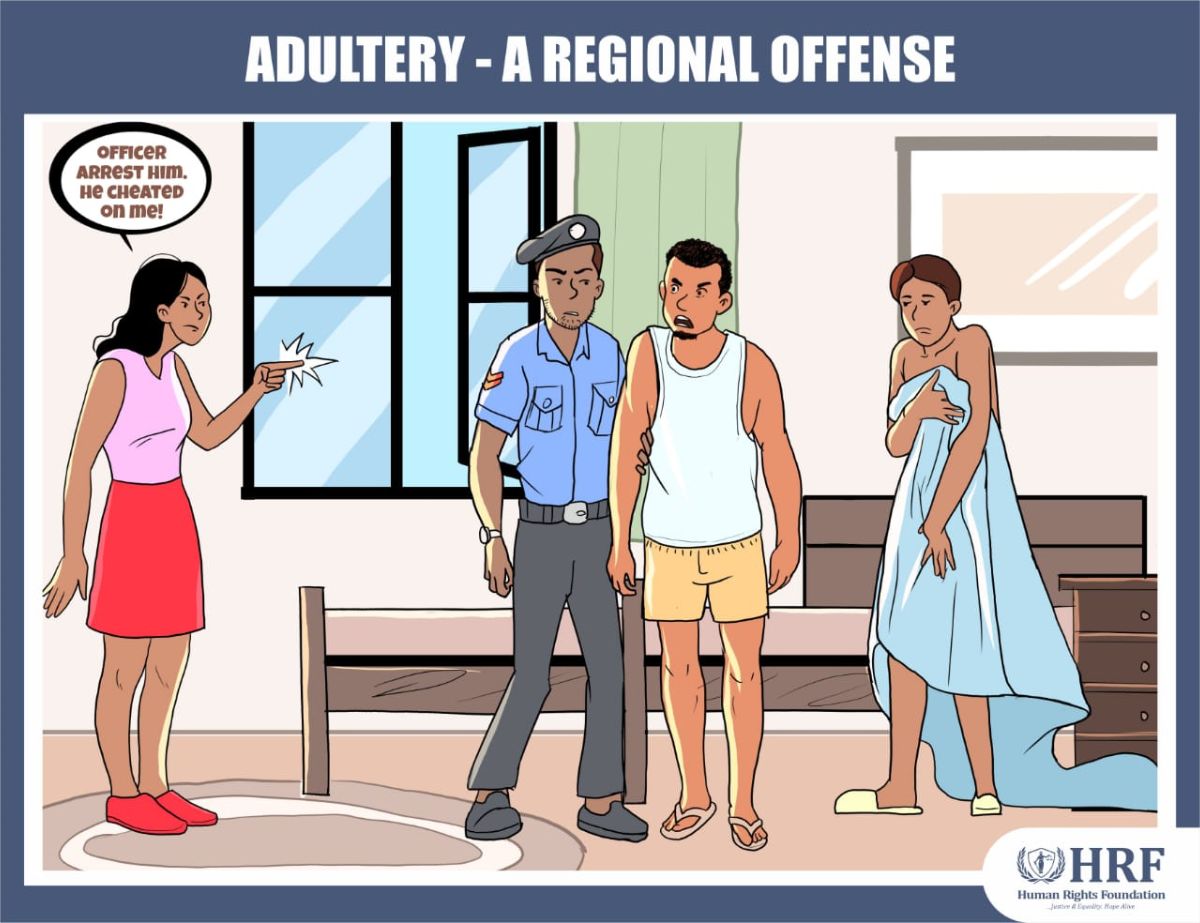.jpg)
The ECOWAS Court of Justice has recently handed down a landmark verdict, finding the Nigerian government guilty of gross human rights violations during the 2020 #EndSARS protests. The court’s ruling underscores the Nigerian government’s failure to uphold constitutional protections and international human rights standards.
The #EndSARS protests were a pivotal moment in Nigeria's history, where citizens, predominantly youth, rallied against the notorious Special Anti-Robbery Squad (SARS). These protests, which began as a peaceful movement, quickly escalated into a violent crackdown by security forces, culminating in the tragic events at the Lekki Toll Gate on October 20, 2020. The court highlighted that security forces used excessive force, violating the protesters' rights to liberty, security, assembly, free speech, and dignity.
The Nigerian Constitution explicitly guarantees these rights. Section 33(1) provides for the right to life, stating that no one shall be deprived of life intentionally except in the execution of a court sentence. Section 40 ensures the right to peaceful assembly and association. Furthermore, Section 34 guarantees the dignity of the human person, prohibiting torture and inhuman or degrading treatment. The ECOWAS Court's findings align with these constitutional provisions, emphasizing the government's breach of its obligations.
Previous Nigerian cases have also affirmed these rights. In Fawehinmi v. Abacha (2000) 6 NWLR (Pt. 660) 228, the Supreme Court held that every Nigerian is entitled to fundamental rights, which must be protected against unlawful interference by the state. The court’s decision against the Nigerian government is a reaffirmation of these principles.
Similarly, in the case of Inspector-General of Police v. All Nigeria Peoples Party & Ors (2007), the Court of Appeal affirmed the right to peaceful assembly and protest, stating that the police have no right to disrupt peaceful protests. The ECOWAS Court’s ruling reinforces this precedent on an international level, adding further weight to the call for justice and reform.
According to CNN, the ECOWAS Court has imposed financial penalties on the Nigerian government and mandated a thorough investigation and prosecution of those responsible for the abuses. This verdict represents a significant victory for the #EndSARS movement and sets a precedent for accountability in Nigeria.
Moreover, this verdict should catalyze broader reforms within the Nigeria Police Force, especially concerning the notorious Special Anti-Robbery Squad (SARS). Despite the official disbandment of SARS, the culture of impunity and abuse within the police remains a significant challenge. Real, lasting change requires not only punitive measures but also structural reforms and the establishment of robust oversight mechanisms.
As a human rights advocate, I believe this judgment should serve as a clarion call for the Nigerian government to respect and protect human rights. The government must not only comply with the court’s orders but also implement comprehensive reforms to prevent future violations. Upholding the rule of law and ensuring justice for the victims of the #EndSARS protests is a constitutional duty and a moral imperative for Nigeria’s progress.



.jpg)
0 Comments